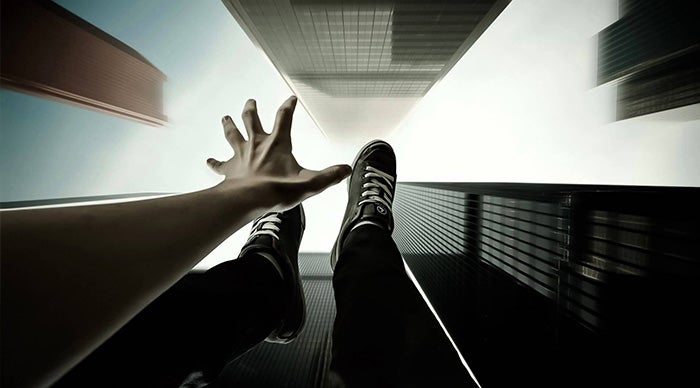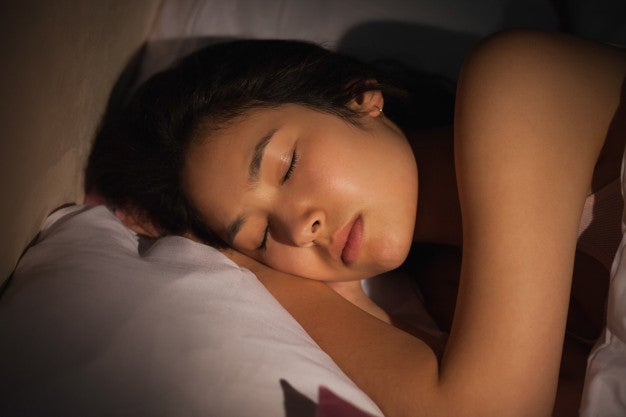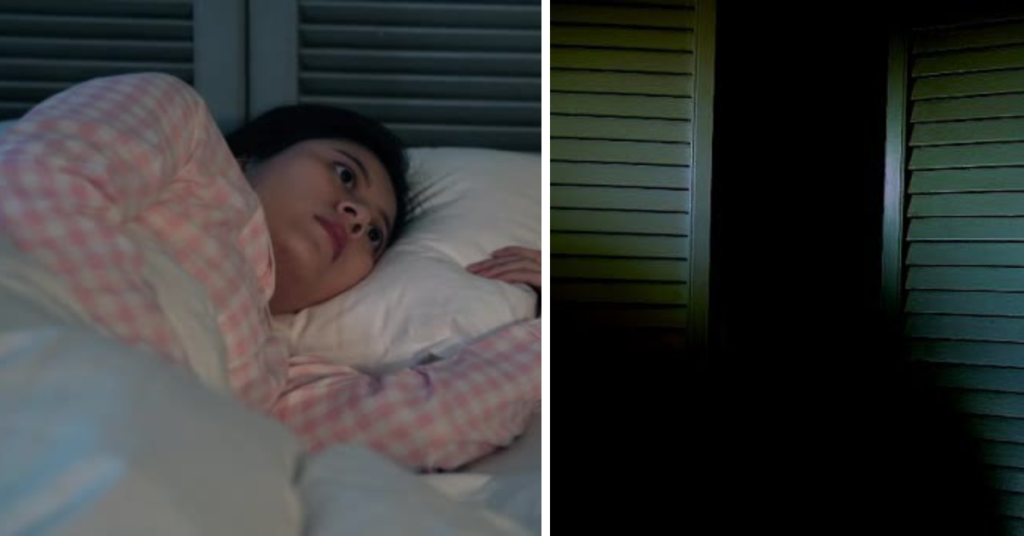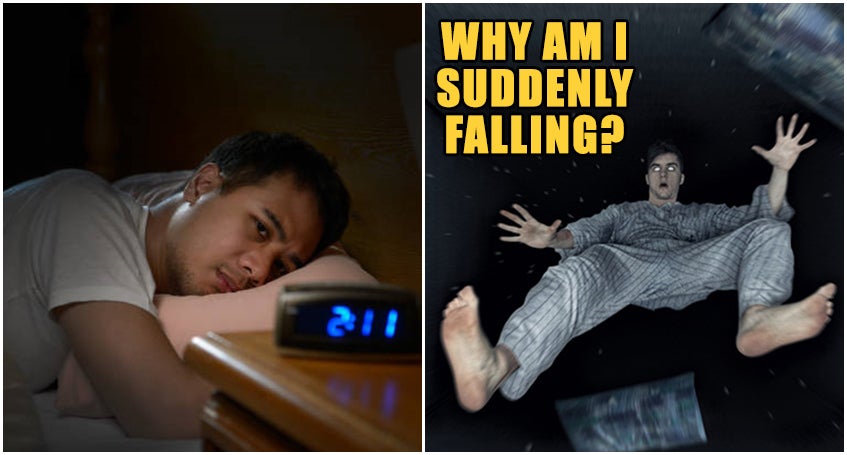You’re far away in dreamland when suddenly, you feel as if you’re falling. You jerk awake, your body is drenched in cold sweat, but you’re still safely on your bed. You ask yourself, “What just happened?”

Source: why you need sleep
Well, what you just experienced is a hypnogogic jerk – which is named so in reference to the hypnogogic state, the transitional period between fleeting sleep and deep sleep. A hypnogogic jerk has many names, but no matter which one you use to refer to it, hypnogogic jerks are actually involuntary muscle contractions that some people experience as they are falling asleep.
Some of these jerks are mild and slight, but some may be a bit more sudden and intense. The exact causes of these jerks and twitches are unclear since research into this phenomenon is limited. However, there are many theories about the possible factors of this phenomenon, since even the healthiest people experience them.
According to a 2016 study, hypnogogic jerks occur randomly and affect people of all ages. Besides, the researchers of the same study also discovered that 60 to 70 percent of people experience hypnogogic jerks, usually just as they are about to fall asleep.

Source: giphy
It’s important to remember experiencing this phenomenon is nothing to be worried about. The likelihood of it causing any complications or side effects is very low. Recognising the symptoms of sleep starts is important too. These symptoms include the feeling of falling, dreaming of falling, a rapid heartbeat, rapid breathing, sweating, or the sudden jerk or jolt of a muscle or body part.
There are a few ideas as to what causes hypnogogic jerks. Possible ones include:
- Exercise: Since exercise stimulates the body, exercising after the sun has set may make it more difficult for the body to relax before you go to bed. This excess stimulation may trigger a sleep start.
- Stimulants: Stimulants like caffeine and nicotine may also affect your body’s ability to fall asleep naturally and stay asleep.
- Stress/anxiety: Living a stressful lifestyle or constantly feeling anxious can actually make it difficult for a person to relax before bedtime. Since the brain is on alert throughout the day, it’ll be easier to startle at night as well.
- Poor sleep habits: Irregular sleep patterns, not getting enough sleep, or regular sleep disturbances may also lead to hypnogogic jerks.
- Evolution: According to research done by the University of Colorado, hypnogogic jerks may be an evolutionary trait from our prehistoric ancestors thousands of years ago. It may have been a way of helping them readjust their sleeping positions before falling asleep so they don’t fall out of a tree or injure themselves.

Source: freepik
Although it’s completely impossible to stop hypnogogic jerks completely, it’s possible to make them less frequent!
- Avoid late-night exercise: Although exercise is vital, try to avoid doing intense exercise after the sun has set. Otherwise, it’s better to go for low-intensity exercise at night.
- Avoid stimulants: Stimulants like alcohol, caffeine, or nicotine will make restless sleep more possible.
- Follow a bedtime routine: Setting up a bedtime routine will allow the body to relax before bedtime, reducing stress in the process. Turning down the lights, slowing down, and disconnecting from technology are good things to implement into a bedtime routine.
- Meditation/breathing exercises before bed: Taking about 5 to 10 minutes to completely relax with meditation practices or breathing exercises before bed will also help calm the brain down before you sleep.
Now that everything is said and done, keep in mind that these sleep jerks are nothing to be worried about. In fact, hypnogogic jerks are so common amongst people that those who don’t experience it are rarer than those that do!
Also read: There’s No Ghost in Your Apartment, Here’s Why You Hear Marbles at Night!







































